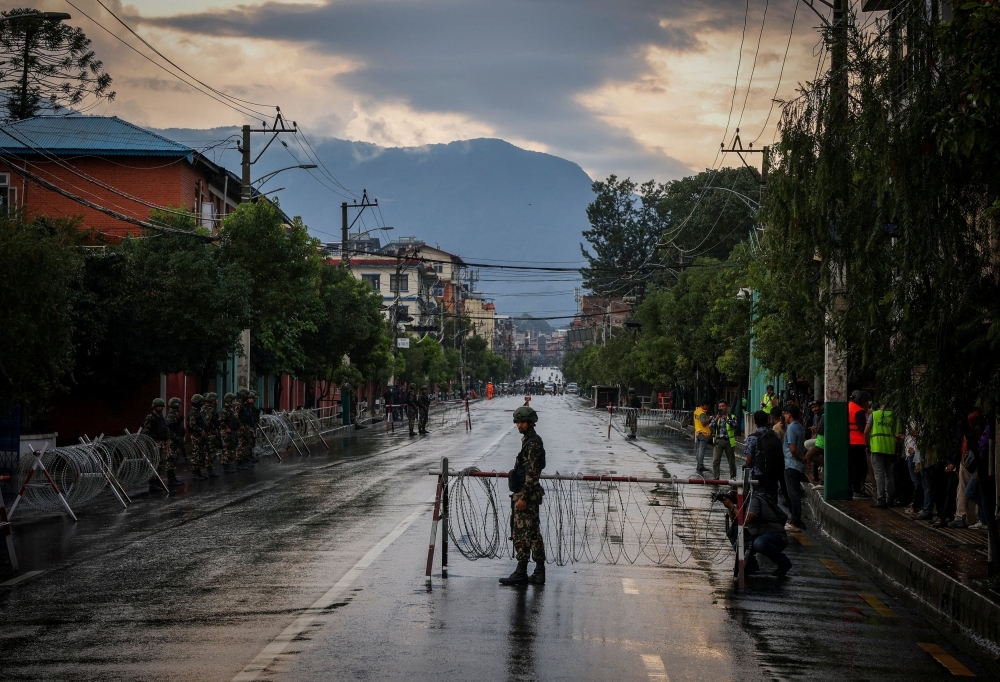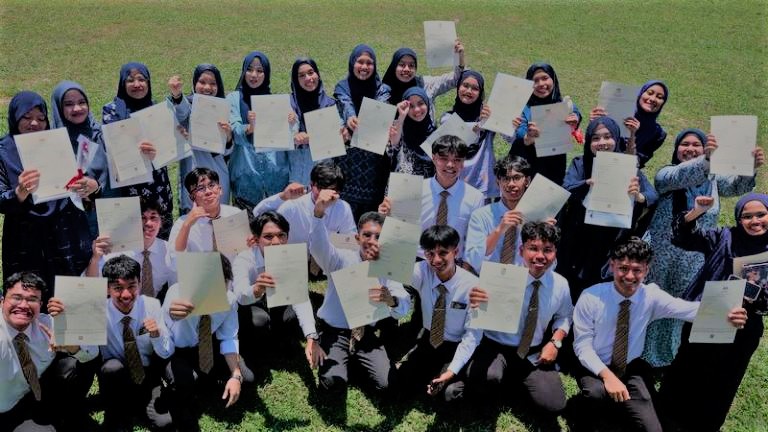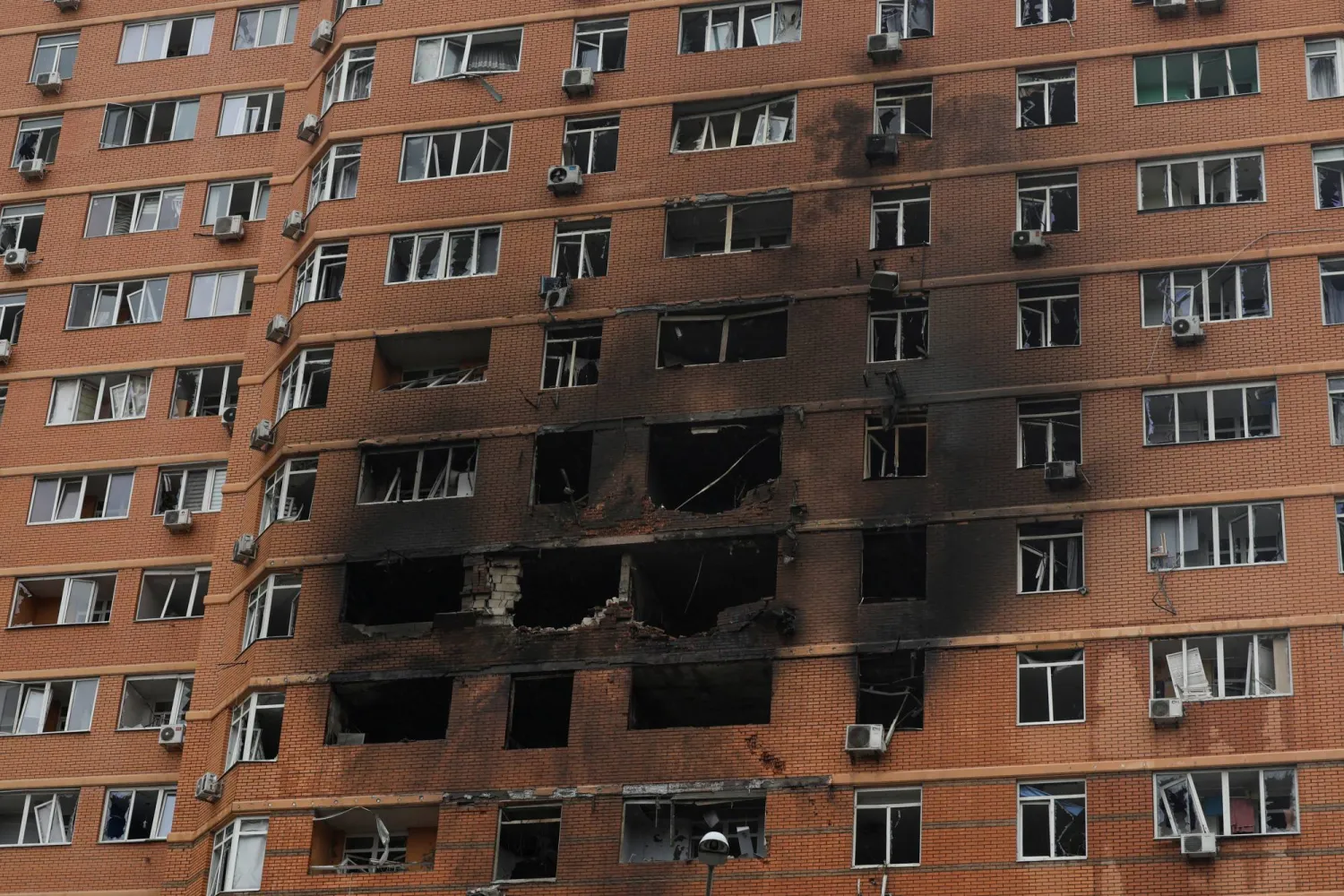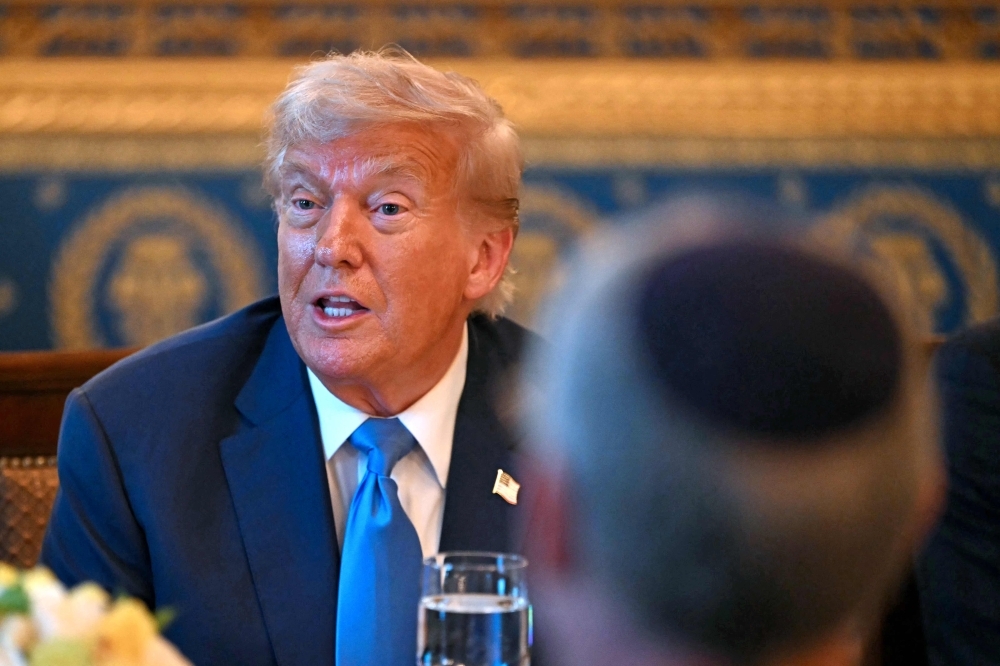KATHMANDU, Sept 13 — In a dramatic turn of events, Nepal’s President Ramchandra Paudel dissolved the country’s parliament late Thursday and announced fresh general elections for March 5, 2026. The move followed a week of intense nationwide unrest that ended with a historic appointment — the country’s first woman interim Prime Minister, Sushila Karki.
The announcement came just hours after Karki, a former Chief Justice known for her strong stance against corruption, was sworn in as interim PM. Her appointment followed the resignation of Prime Minister KP Sharma Oli, who stepped down after mounting pressure from “Gen Z”-led protests that shook the nation.
In a statement, the President’s Office confirmed the decision:
“The House of Representatives has been dissolved… Elections are scheduled for Thursday, March 5, 2026.”
At least 51 lives were lost, and over 1,300 people injured during the violent protests — the worst in Nepal in recent years. The protests began in response to a controversial social media ban, which was later revoked. The final blow came when demonstrators demanded political accountability, forcing PM Oli’s resignation on Tuesday.
Karki’s appointment followed high-stakes negotiations between President Paudel, Army Chief Ashok Raj Sigdel, and youth protest leaders, marking a rare moment of unity in an otherwise fractured political landscape.
Neighboring India welcomed the developments, with Prime Minister Narendra Modi posting on X:
“Heartfelt congratulations to the Honourable Sushila Karki Ji. India stands firmly with the people of Nepal for peace, progress, and prosperity.”
Nepal, home to 30 million people nestled between India and China, has struggled with political instability since it abolished its monarchy in 2008. Economic hardship and lack of opportunities have led millions of Nepali youth to seek work abroad — in the Middle East, South Korea, Malaysia, and beyond.
But by Thursday evening, signs of normalcy were returning. Shops reopened, traffic resumed, and the military presence softened, with police putting away guns and picking up batons instead. It was a silent yet powerful sign — perhaps a small beginning toward healing a wounded nation.




